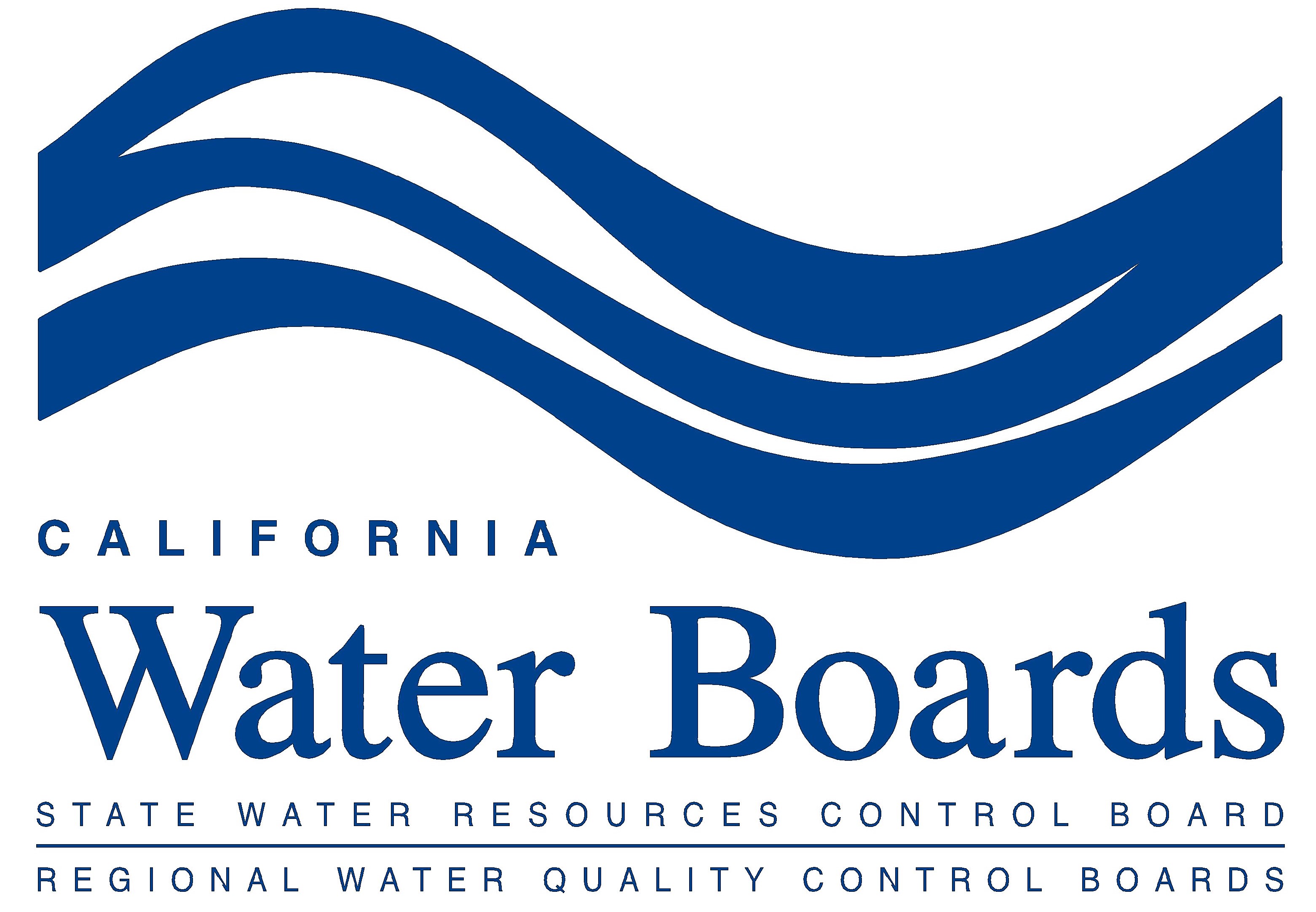Resources
Here you will find a curated list of resources related to the development, implementation and scaling of the principles and practices outlined in this Equity Data Handbook.
2026 Road Show Presentations
In Jan - Jun 2026, presentations will be given to various Water Boards groups and will include:
- Updates on Equity Data Handbook development & revision
- An overview of each Handbook chapter
- A review of opportunities for support in 2026, including:
- Fall Openscapes Champions Cohort process
- Environmental Justice Roundtable’s Racial Equity Data Subcommittee
- Questions & Discussion
Contact Anna Holder via email or MS Teams Chat if you’d like us to present to your Water Boards Region, Division, Office, Branch, Section, Roundtable or other group meeting!
Presentations currently scheduled include:
- Jan 13: Water Quality Certs (401) Roundtable
- Jan 14:
- National Pollutant Discharge Elimination System (NPDES) Roundtable
- Environmental Justice Roundtable’s Racial Equity Data Subcommittee
- Jan 20: Division of Water Quality (DWQ) Advancing Racial Equity Subcommittee Meeting
- Jan 22: Forestry and Wildfire Resiliency Roundtable
- Feb 3: Office of Public Engagement Equity and Tribal Affairs (OPEETA) All-Staff Meeting
- Feb 4: Underground Storage Tanks (USTs) Roundtable – Regional Boards Meeting
- Feb 10:
- Power BItes Lunch & Learn
- Climate Change Roundtable
- Feb 11: DWQ All-Staff Meeting
- Feb 19: Integrated Report Roundtable
- Feb 26: Division of Water Rights (DWR) All-Staff Meeting
- Mar 3: Office of Sustainable Groundwater Management (OSGM) Program Meeting
- Mar 10: Surface Water Ambient Monitoring Program (SWAMP) Roundtable
- Mar 12:
- Stormwater Roundtable
- Cannabis Cultivation Program Roundtable
- Waste Discharge Requirements Program Roundtable
- Mar 19: Advancing Racial Equity at the Water Boards Training for Trainers
- Mar 24: Environmental Justice Roundtable
- Apr 7: Enforcement Roundtable
- Apr 9: Joint Total Maximum Daily Load (TMDL) & Nonpoint Source Roundtable
- Apr 21:
- Site Cleanup / DoD Roundtable
- Basin Planning Roundtable
- Apr 22: Recycled Water Roundtable
- May 5: Tribal Coordinators Meeting
- May 13: GIS & Data Science Roundtable
Water Boards Webinars & Trainings
- Analyzing Data for Racial Equity. Jun 2025. Hannah Cushman Garland & Anna Holder. State Water Board Racial Equity Data Subcommittee Training.
- Module 1: Identifying Injustice Slides | Recording
- Module 2: Interrogating Mechanisms Slides | Recording
- Training GitHub Repo
- Analyzing Water Boards and Demographic Data for Equity. Jun 2024. Hannah Cushman Garland. State Water Board Racial Equity Data Subcommittee Webinar. Recording | Download and Use the Code | View Code
Data Ethics
- GovOps medium article on Data Ethics
- Federal data ethics framework
- Data Ethics Canvas
- Ethics Framework (CalData); Framework at a Glance
- Looking at Data Through an Equity Lens
- Academic Data Science Alliance Data Science Ethos
- Five Ethical Risks to Consider before Filling Missing Race and Ethnicity Data
Best Practices and Frameworks
- Data Equity Framework
- Principles for Advancing Equitable Data Practice
- CalEPA Practices to Advance Racial Equity in Workforce Planning
- Principles for Using Public Health Data to Drive Equity: A guide to embedding equitable practices throughout the data life cycle
- California Data Strategy (2020) and ensuing Report (2024)
- California Indian Water Rights Study
- Antiracist Data Project Survey and Focus Group Findings
- The National Equity Atlas
- MN DOT Governance and Best Practices
- Considering Equity in Community Impact Analysis for Projects
Toolkits
- A Toolkit for Centering Racial Equity Throughout Data Integration
- Beyond Compliance Network Advocacy Toolkit
- The Water Boards Office of Research Planning and Performance Water Conservation and Urban Water folks tool
- Water Boards Division of Drinking Water SAFER Outreach Tool
- Many local city and county governments have compiled their own resources for working with equity data (Examples below). Before starting your project, it is a good idea to do some research online to identify pre-existing resources available in your region.
- Oakland’s Geographic Equity Toolbox
- Portland’s Racial Equity Toolkit
- New York City’s interactive equity data tool EquityNYC, including a Mapping Equity tool.
